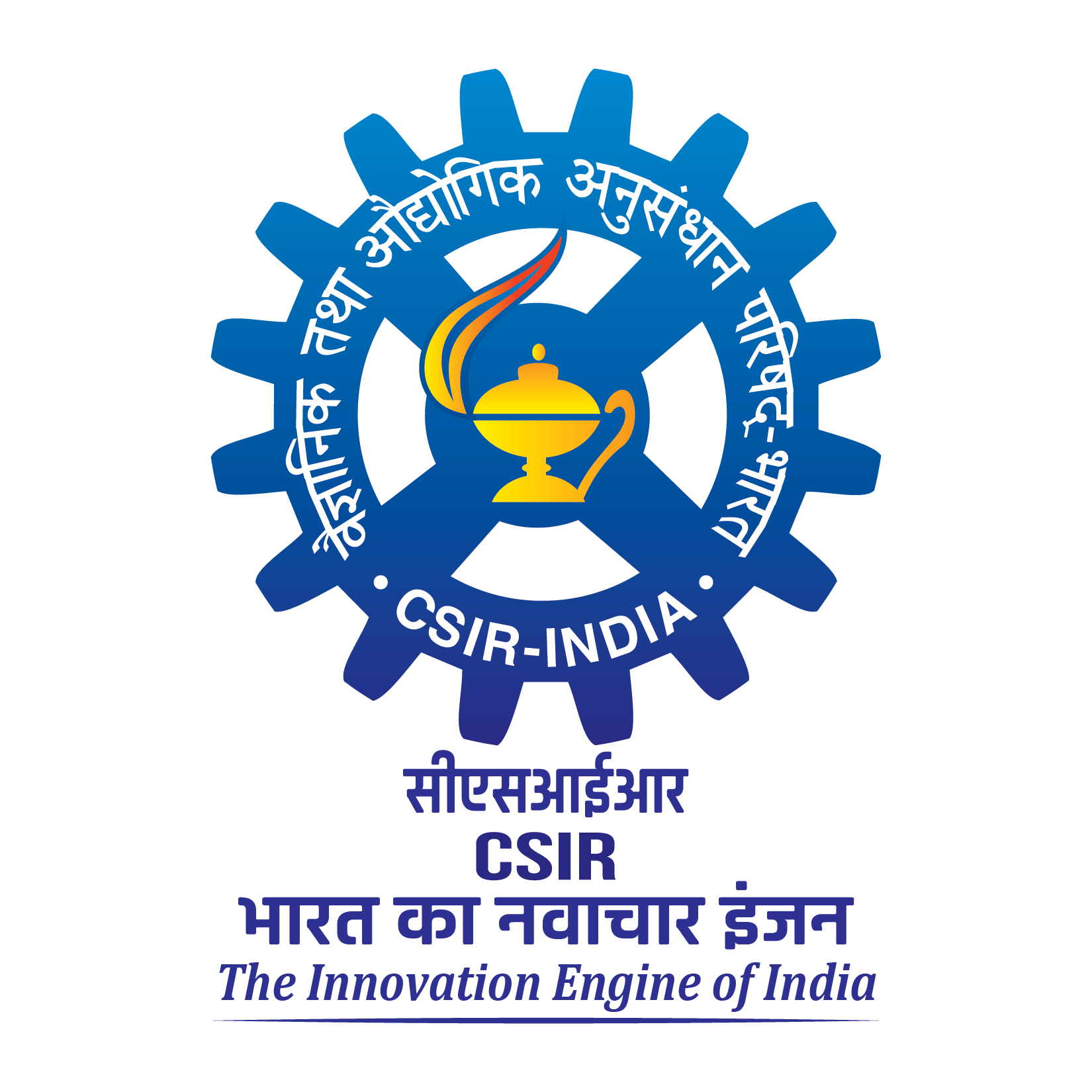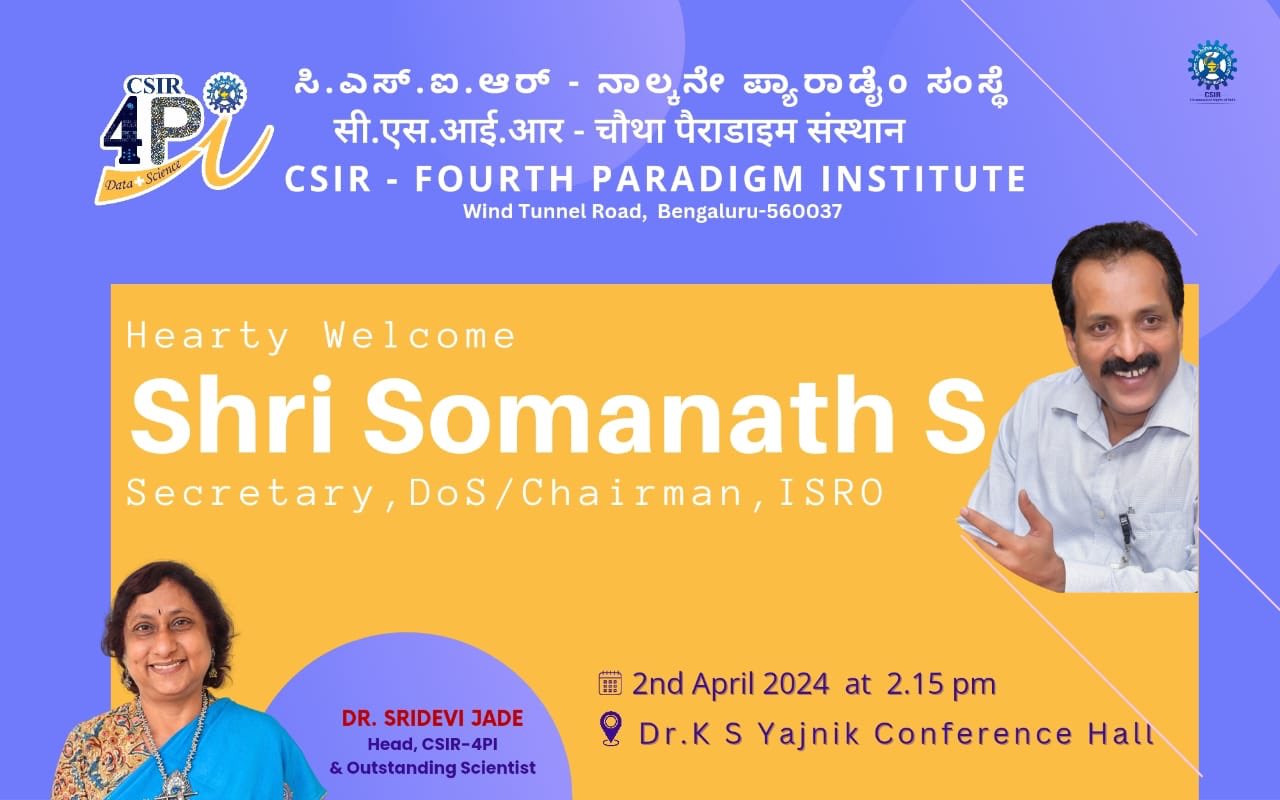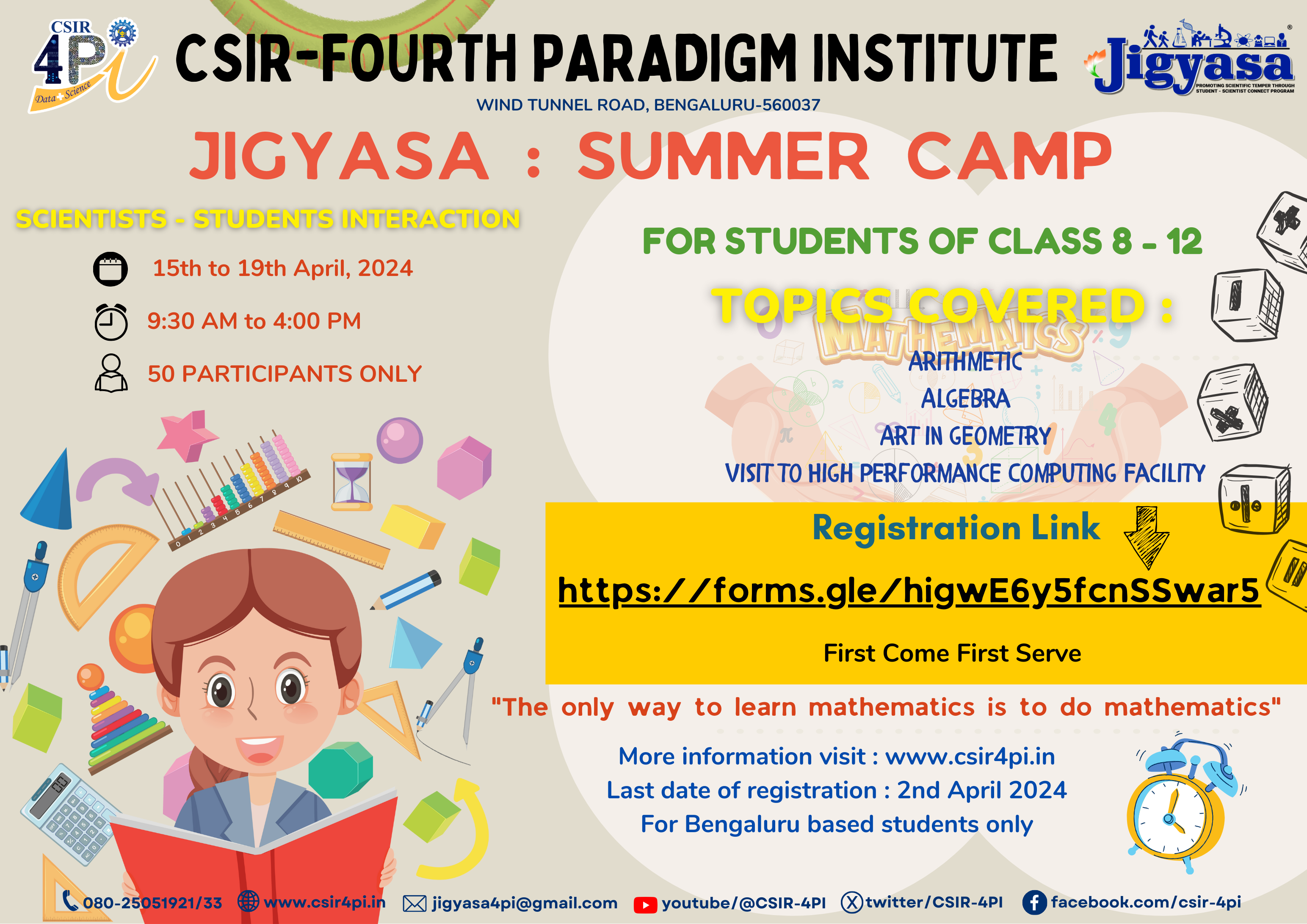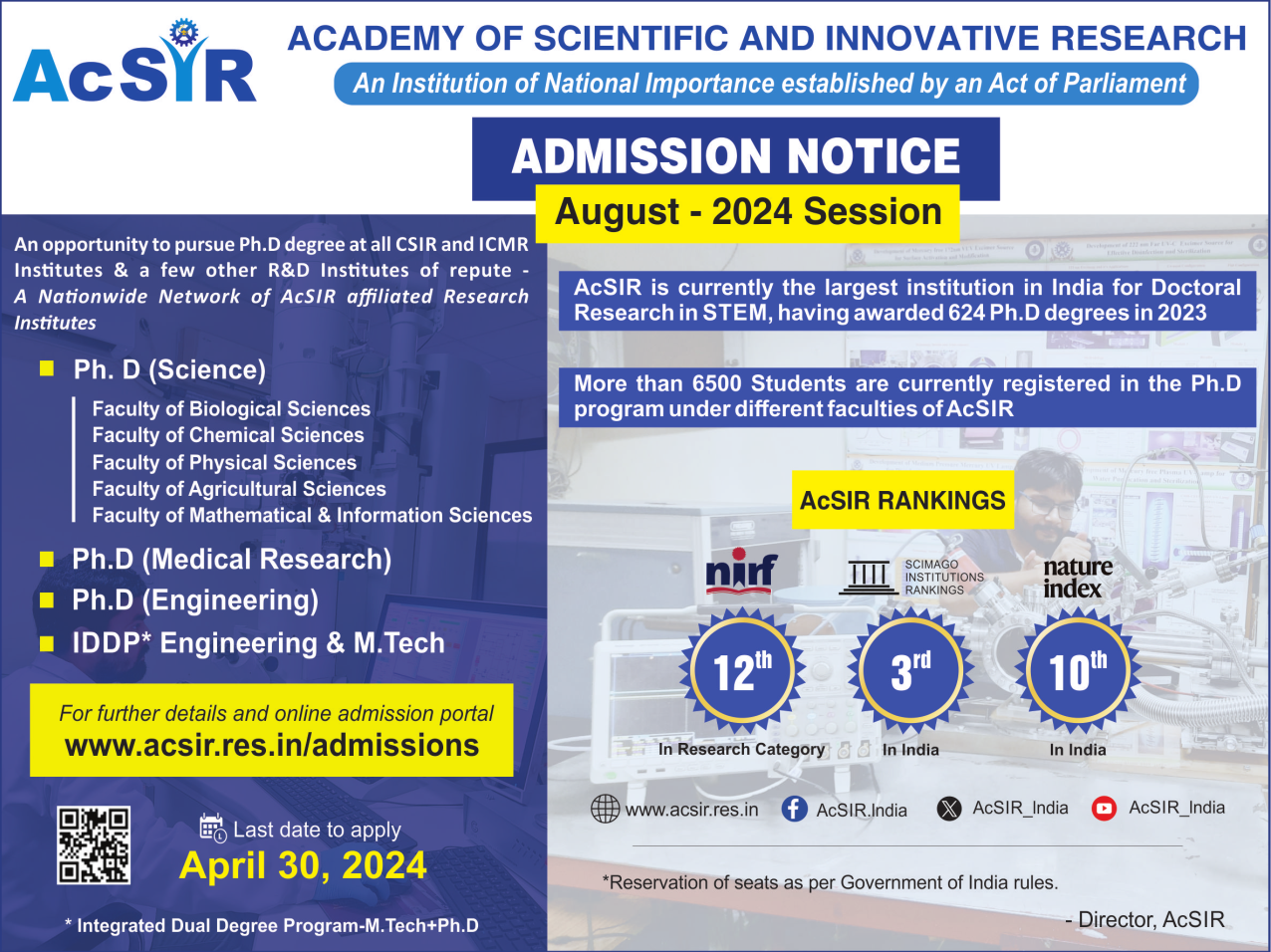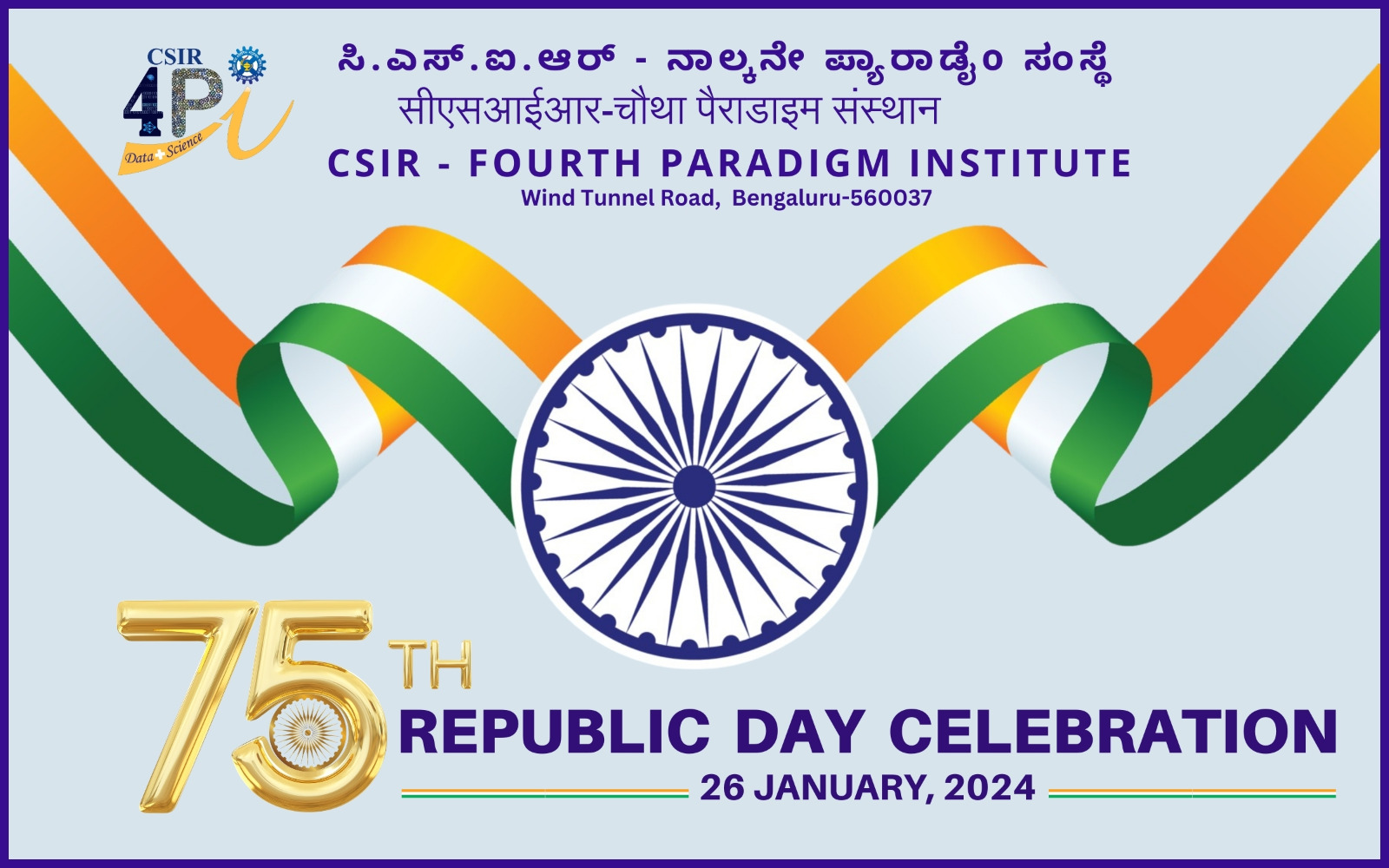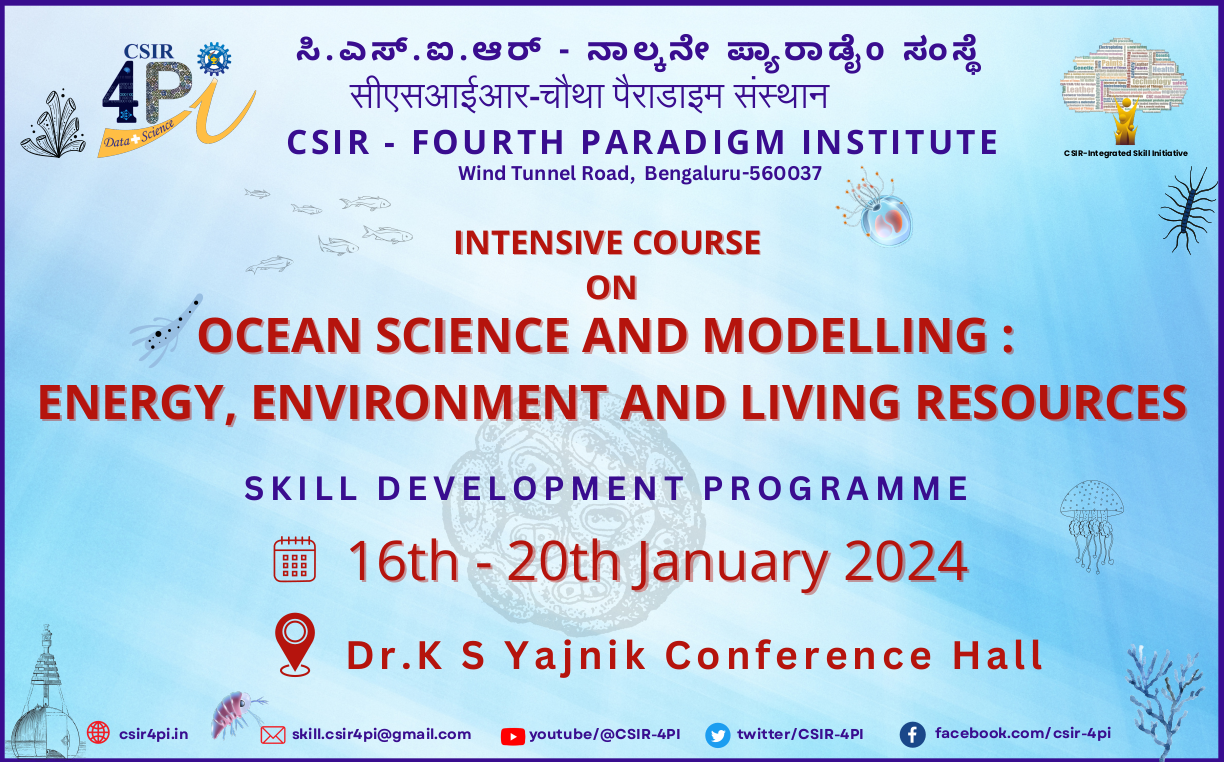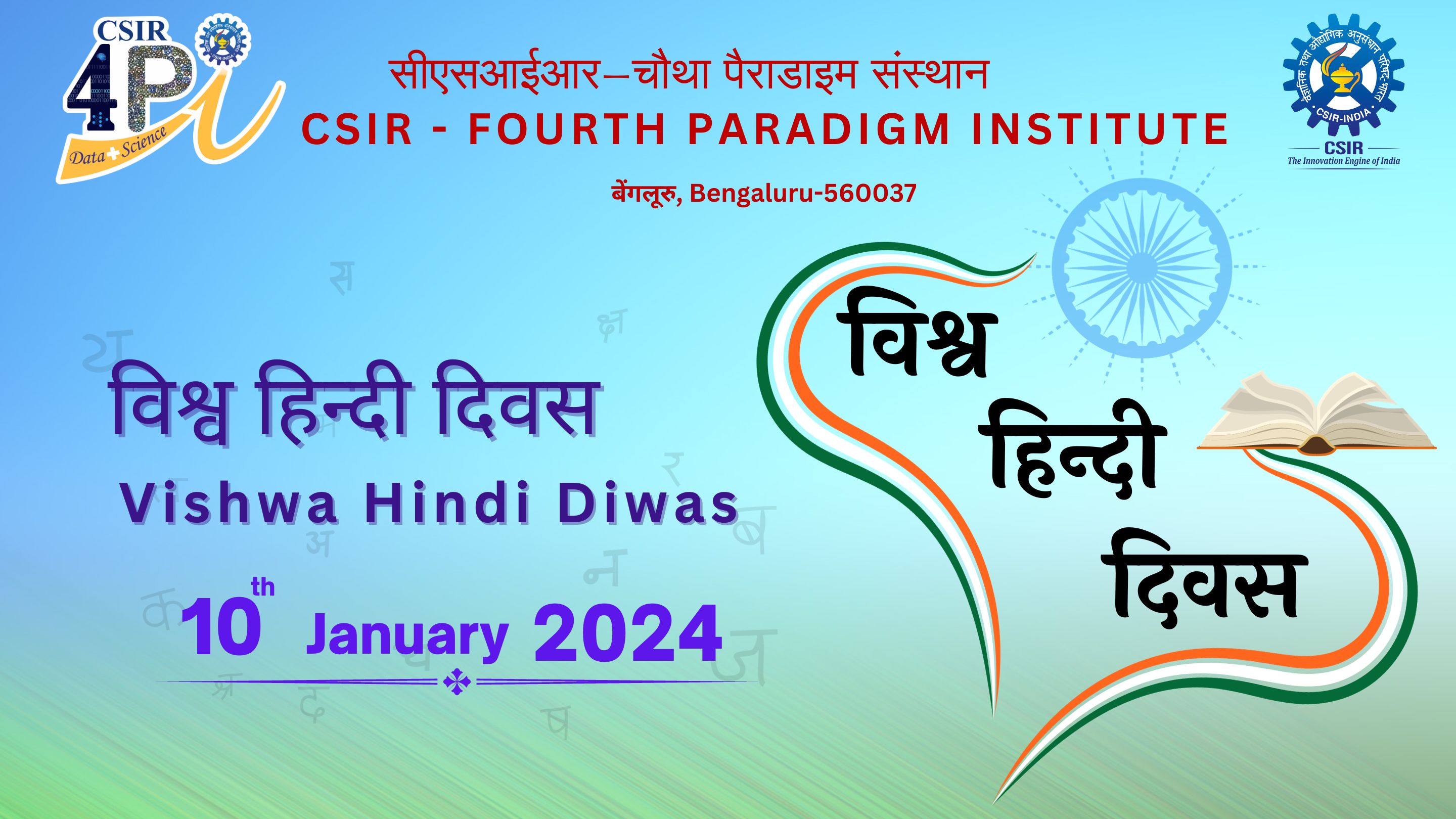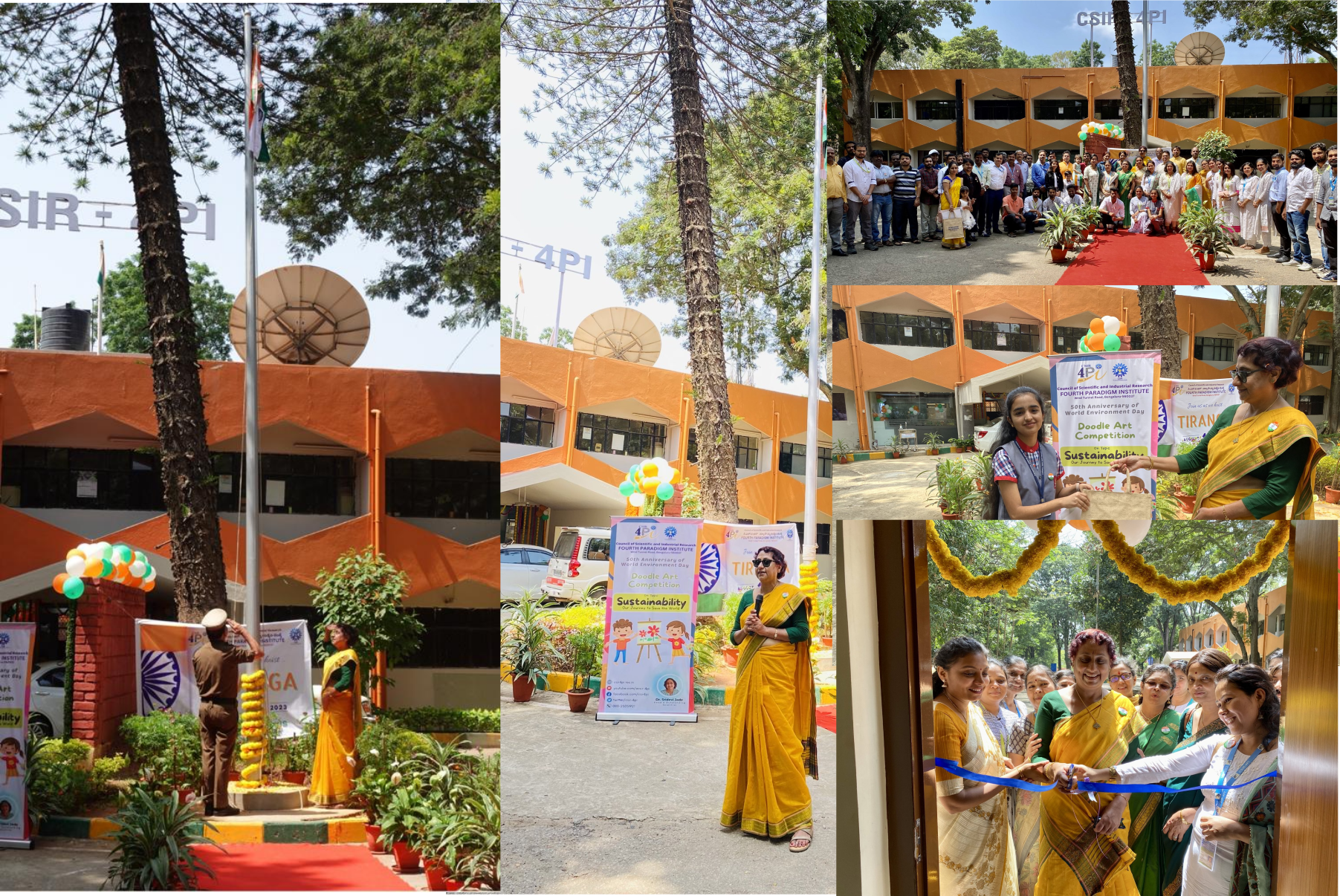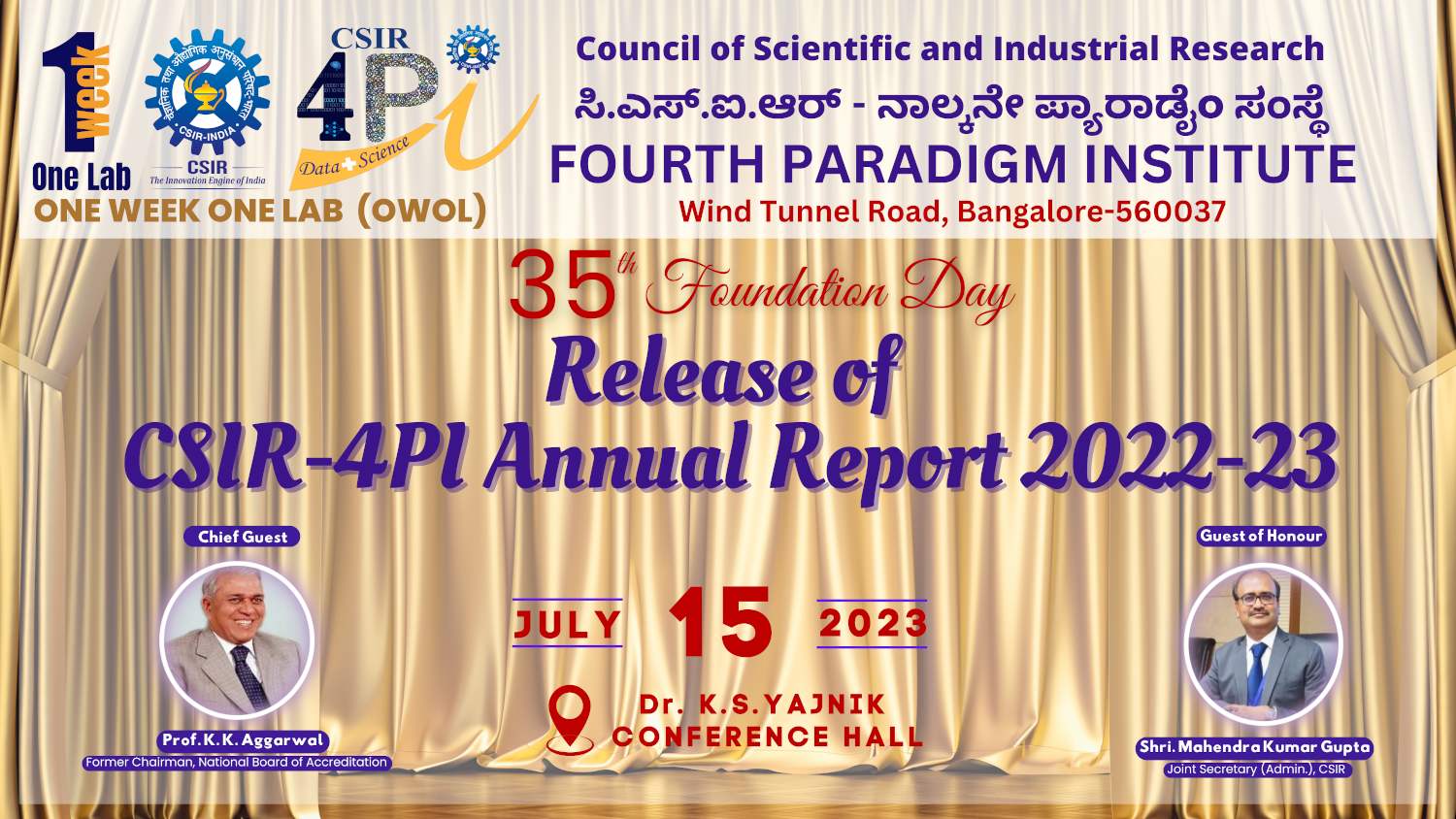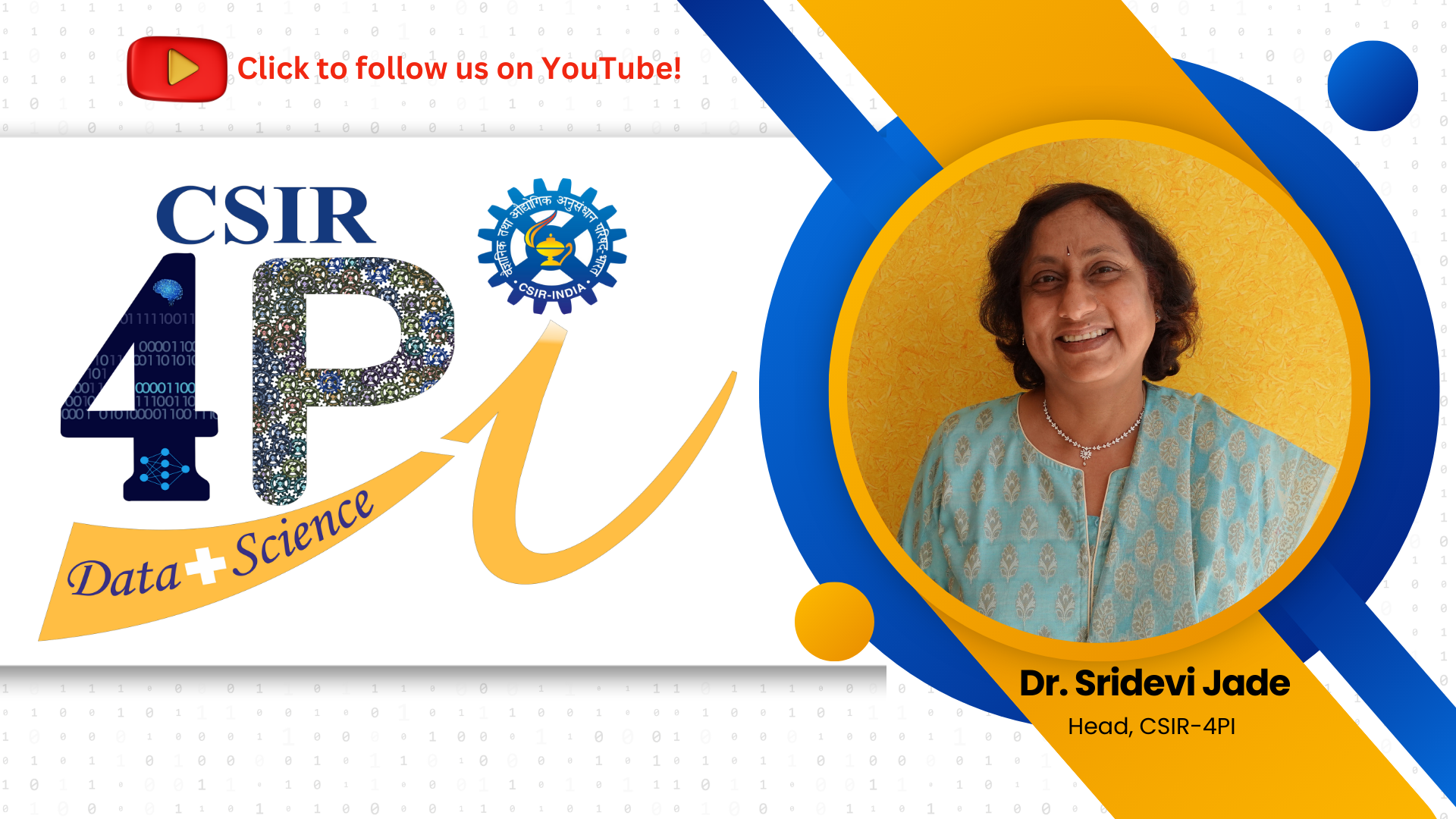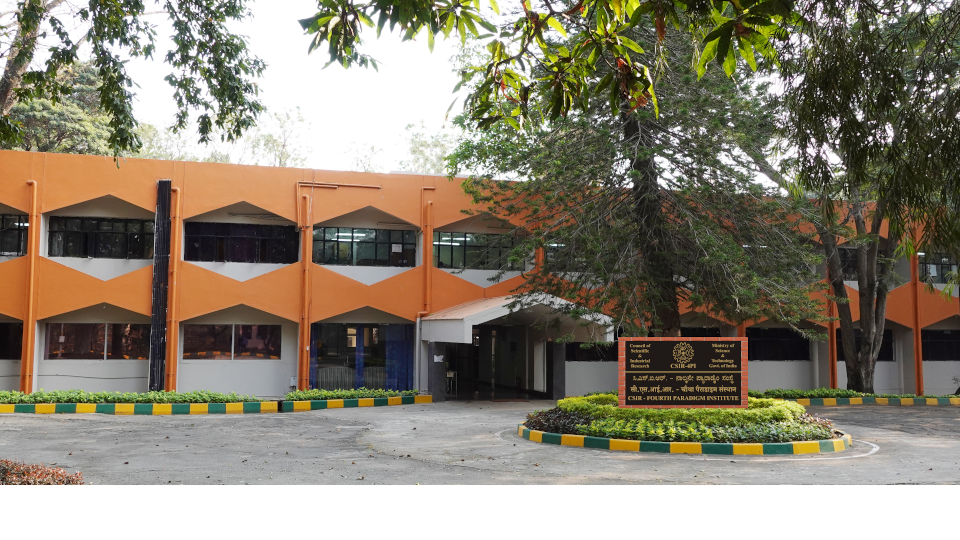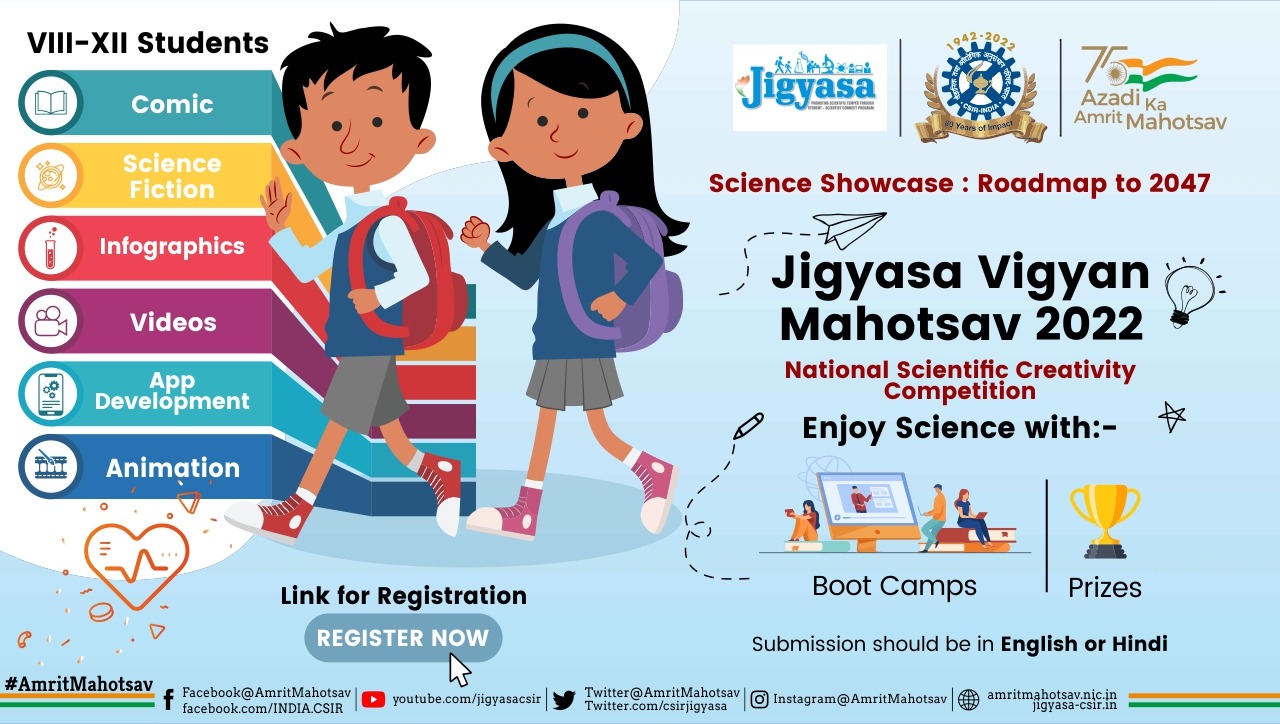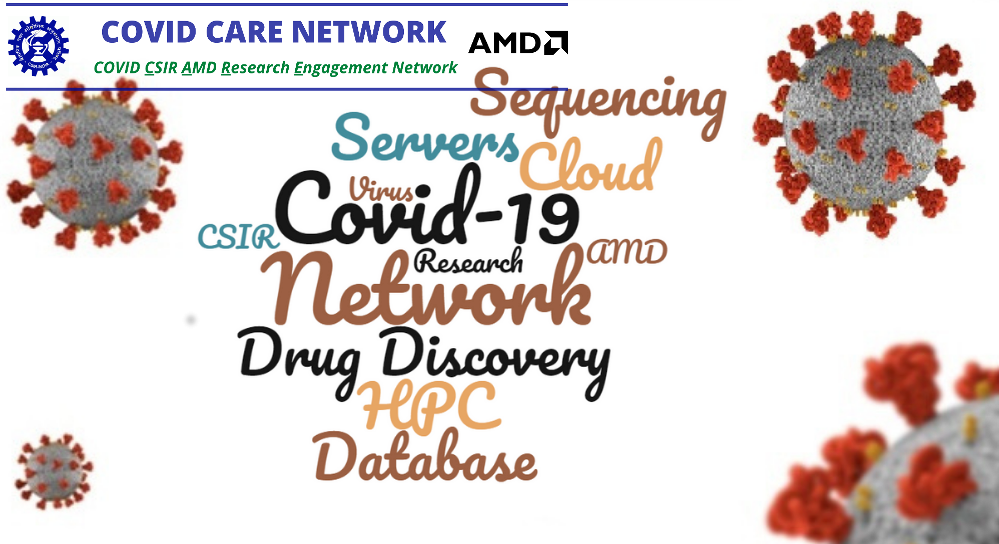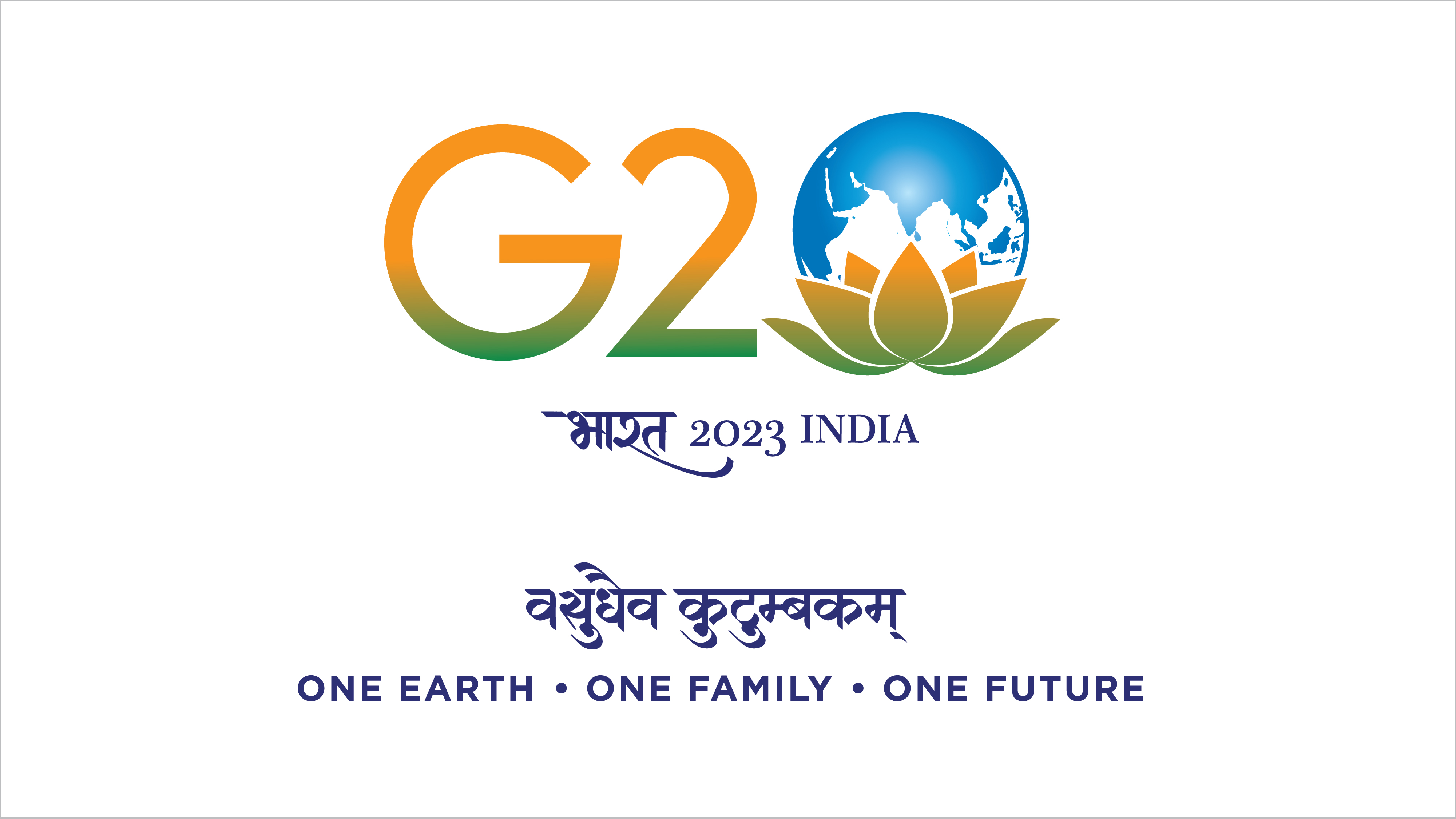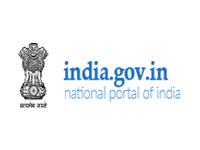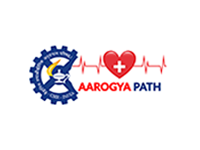Solid Earth Modelling
Global Positioning System (GPS) based Geodesy had become capable of yielding sub-cm precision in location by the early 1990s and the possibility of it being used to determine crustal strain rates in India was recognised at C-MMACS in 1993 following the Khillari earthquake. Research at C-MMACS has since yielded fairly well constrained figures for the velocity of the Indian plate and the partitioning of strain from Kanya-Kumari to Ladakh in the trans-Himalyas. Over the years C-MMACS has also taken up the arduous task of setting up GPS stations in remote locations in the country to generate the required data base, and to extend application of GPS technology to other areas.
Solid Earth Modelling group is focused on precise GPS based quantification and modelling of inter, co- and post-seismic surface deformation in Indian subcontinent. In addition to this, the group works on modeling and simulation of ground motion for deterministic seismic hazard, site specific ground motion from scenario earthquakes and crustal and mantle structure by lithosphere modeling. The current topics of research are:
- Crustal Deformation
- Estimation of Precipitable water vapour using GPS
- Earthquake hazard assessment
- Site effects and and microzonation
- Lithosphere modelling
